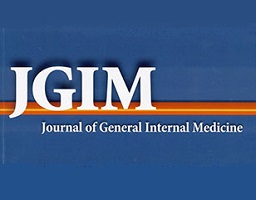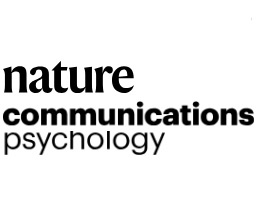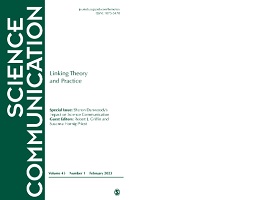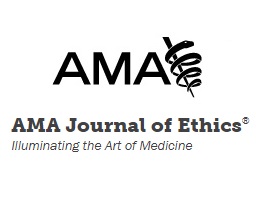Abstract
Advisors, such as physicians, financial advisors, lawyers and accountants, often face a conflict of interest – that is, a clash between their professional and personal interests. Such conflicts can lead to biased and corrupt advice. In this paper, I focus on how conflicts of interest can cause good people to unintentionally cross ethical boundaries and how we can avoid succumbing to this bias. I first discuss two mechanisms through which advisors may convince themselves to accept conflicts of interest while vehemently believing that they remain unbiased: (1) a sense of entitlement; and (2) a sense of invulnerability created by their belief in their own professionalism. I then discuss several proposed policy solutions to manage conflicts of interest, such as education and training, sanctions, second opinions and disclosure policies. These proposed solutions for dealing with conflicts of interest are largely based on inaccurate intuitions regarding the psychological processes that underlie them; consequently, these policies tend to fail or have unintended consequences. In the absence of eliminating conflicts of interest, solutions that are more likely to be successful consist of identifying and changing the professional norms that exert powerful influences on employee behaviour.





